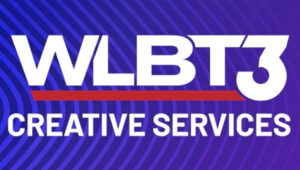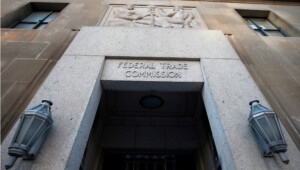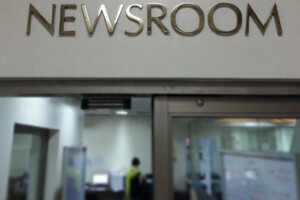Menacing the media is a theme of President Trump’s rallies, but news organizations are anticipating an unnerving midterm election season, especially after a hostile crowd in Florida on Tuesday night.
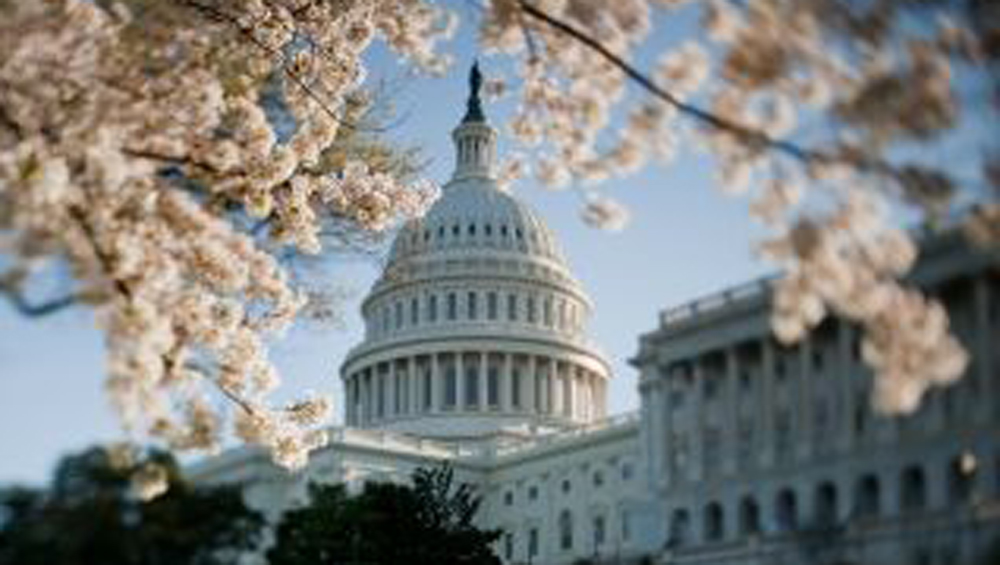
Free Press, Common Cause and a number of other progressive groups and civil rights advocates have called on the biggest social media companies to combat disinformation in the run-up to the midterm elections, the first national election since the Jan. 6 Capitol insurrection, saying if they don’t, they are “the dominant threat” to the democratic process. That came in the form of letters to the CEOs of Meta, Twitter, YouTube, Snapchat, Instagram, TikTok, and Alphabet from more than 100 groups.

President Joe Biden’s ambitious goals for broadband, including expanding access throughout the country, may remain unmet until he nominates a fifth commissioner to the FCC. That’s according to the ACLU, Center for Democracy and Technology, Free Press, Mozilla and dozens of other advocacy organizations.

Years of anti-journalist rhetoric trumpeted by those in power has caused a dramatic and disturbing increase in attacks on the media. News organizations large and small are taking security measures they never thought would be necessary in this country. In 2020, RTDNA introduced its Five-Point Policy Framework, designed to strengthen the role journalists and journalism play in a healthy democracy. In line with this framework, RTDNA has identified two legislative priorities in 2021 that will ensure journalists can continue to seek and report the truth on behalf of the public safely.
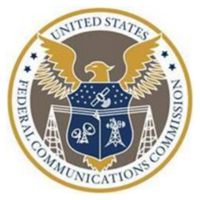
More fans of network neutrality rules, including Common Cause and the Benton Institute, have asked the FCC to return its bright-line rules against blocking, throttling and paid prioritization, saying eliminating those rules has damaged connectivity at a time —during the COVID-19 pandemic — when connectivity is a key public interest priority.
COMMENTARY BY GORDON SMITH
Free Press Needs Transparency, Security After Capitol Attack
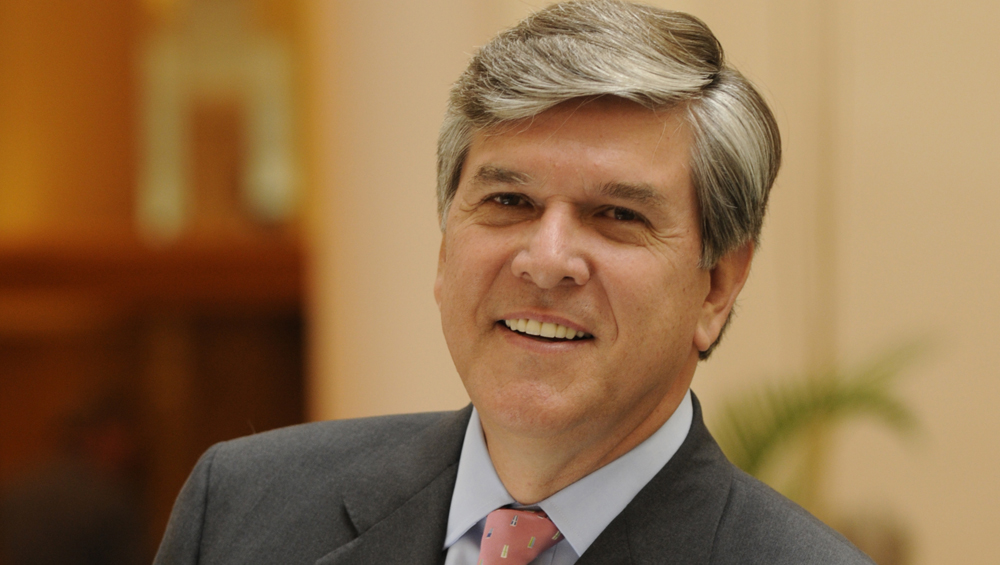
NAB President Gordon Smith: “The work of the press to keep the American public informed during these dark times has been admirable, valuable and — because of an unacceptable and alarming lack of information provided by law enforcement officials — necessary. It is imperative that law enforcement not only address the American people about the possibility of danger in the days ahead, but also provide security briefings to news media to help keep journalists safe while reporting from the field.”
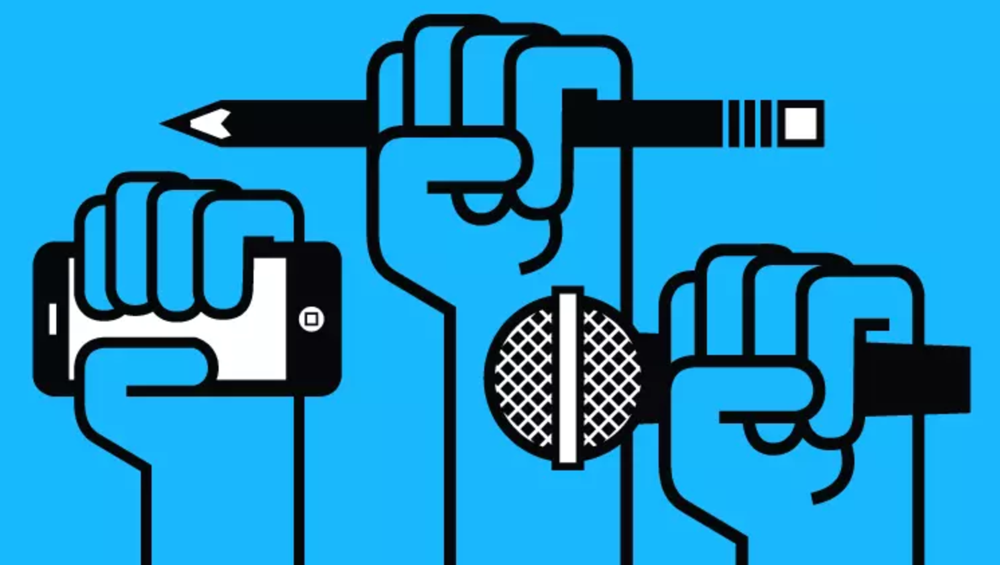
From Mexico to Malta, attacks on journalists and publishers have proved deadly to individuals and chilling to broader freedoms. And now Covid-19 is being used as an excuse to silence more voices.
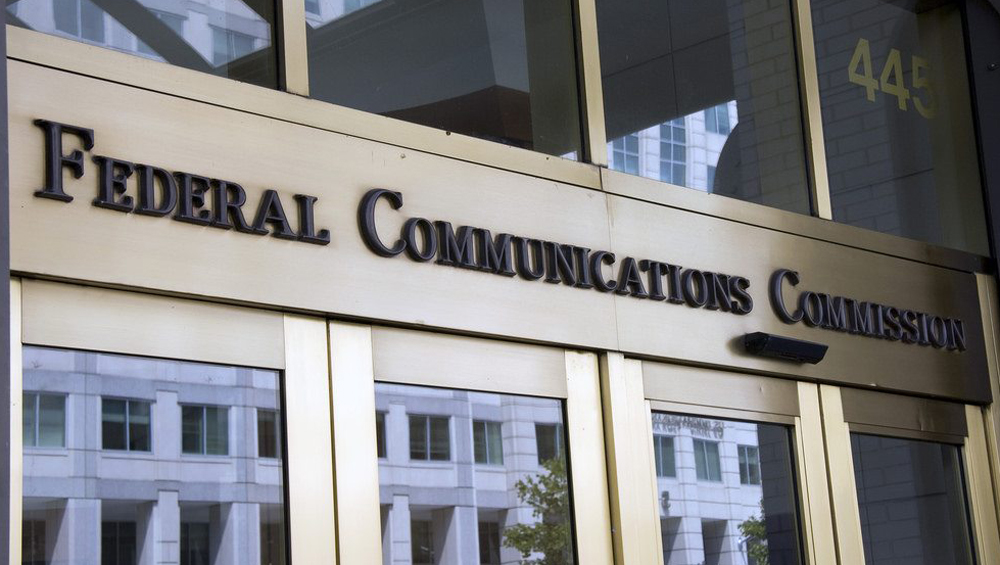
Recently, FCC staff dismissed a request by the organization Free Press asking the FCC to investigate the broadcast of the President’s press conferences on the coronavirus and programs where commentators supported the President’s pronouncements. The FCC concluded that, in covering a breaking news story like the pandemic, it would be impossible for a broadcaster to fact check every statement made in a press conference and correct any misstatements in anything approaching real time, as there is so much room for interpretation of any statement made on these ongoing matters.
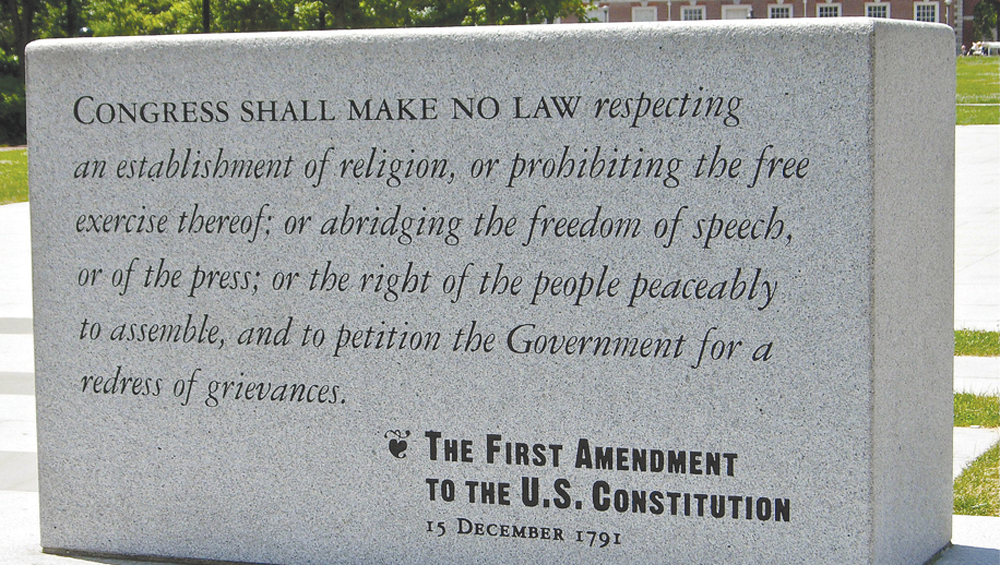
FCC Chairman Ajit Pai has asked the chairman of the House Energy & Commerce Committee to speak out against Free Press’s emergency petition to the FCC to stop what that group said was “right-wing personalities” spreading disinformation about the pandemic.
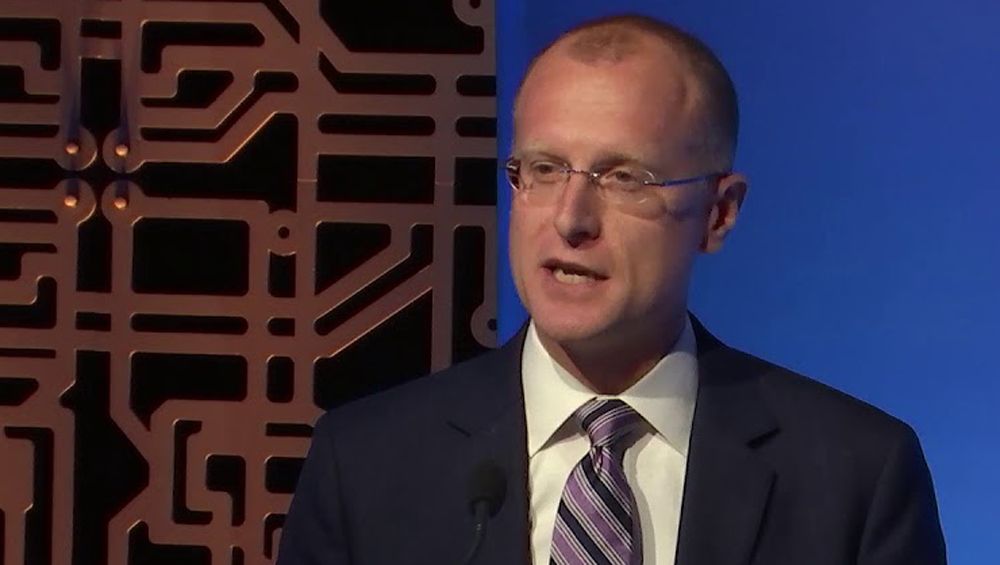
FCC Commissioner Brendan Carr told KDKA-AM Pittsburgh conservative radio show host Wendy Bell Wednesday evening (April 15) that groups like Free Press — he did not name them but made it clear who he was talking about — “are engaged in a sweeping and dangerous attempt to weaponize the FCC against political actors” it doesn’t like.

The FCC — in this case comprising the chairman, the general counsel and the Media Bureau chief — has flatly, and strongly, rejected a petition by Free Press seeking a government investigation into broadcasters who aired statements by the President Trump during coronavirus briefings and “related commentary,” arguing that the investigation would itself curtail a free press.
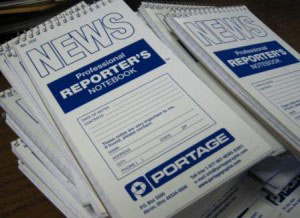
A little more than a decade ago, the tactics of some U.S. government public affairs operations began to shift. Instead of the all-access posture towards all accredited press organizations, they became more selective about which media could receive which information and under which circumstances. And today, some government agency public affairs officials have essentially slammed the door on accredited press that they simply don’t want to be bothered with.

Free Press has issued a damning report on the FCC’s response to communications outages in Puerto Rico after the September 2017 one-two punch of Hurricanes Irma and Maria. “It’s deeply troubling how little interest the FCC has shown in analyzing what went wrong and using this information to shape its policies on communication rights and public safety,” the group said.
COMMENTARY
The Top 18 Media Grinches Of 2018

It’s time for the Grinchy Awards, given to the year’s worst actors in the news media and anyone else who interfered with a free press.
COMMENTARY
Todd: Time For The Press To Fight Back
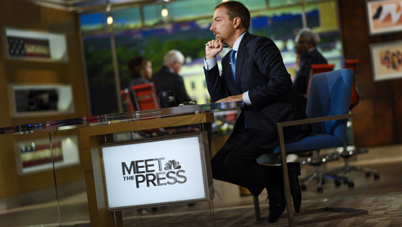
NBC’s Chuck Todd: A nearly 50-year campaign of vilification, inspired by Fox News’s Roger Ailes, has left many Americans distrustful of media outlets. Now, journalists need to speak up for their work.
President Trump on Thursday evening railed against the news media as he spoke at a rally in support of Republican Senate candidate Mike Braun, who is seeking to unseat Sen. Joe Donnelly (D-Ind.) in November. Trump attacked CNN and NBC during the rally in Evansville, Ind., calling NBC “worse than CNN.” He also went after a New York Times reporter over coverage of his past crowd size, saying the reporter “doesn’t have a clue.”
“These are just dishonest, terrible people,” he said.
In an email from the Republican National Committee over her name and picture, the First Lady says that Democrats and the “opposition media” are trying to discredit her husband with “fake accusations,” spreading their “fake news” and making it seem that he does not have voter support.
MARKET SHARE | DMA 77: COLUMBIA, SC
‘Fake News’ Hecklers Pushed WIS To Air Editorial
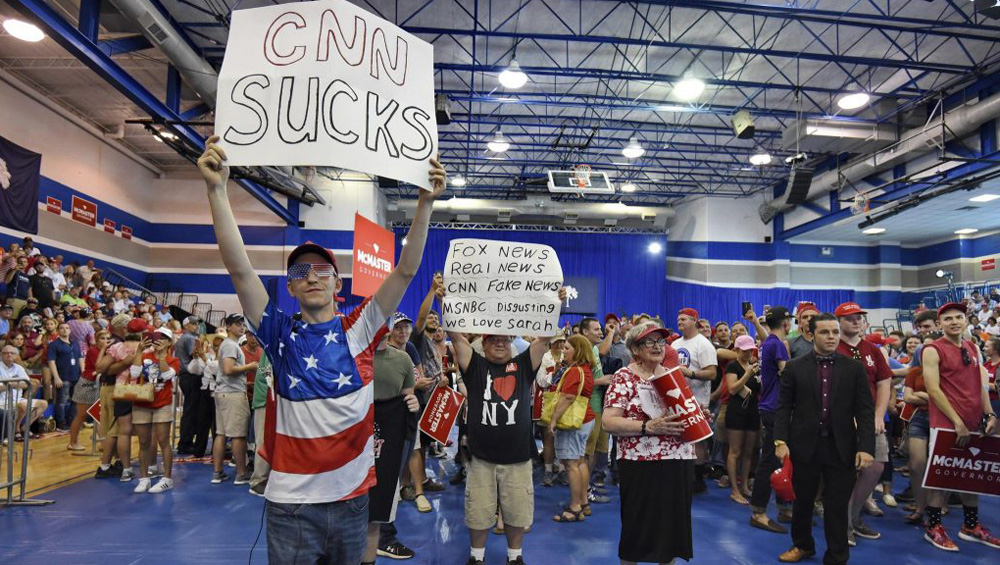
When a carload of fake news hecklers recently shut down a news live shot, Lyle Schulze, the general manager of WIS had seen enough and called police. “It’s getting almost to the point of violence. We remind our reporters that you’re a visible target. It is a little scary.” That incident, he said, provided the station “an opportunity to [then] sound off about who we are and what we stand for.”
MARKET SHARE
A Few Stations That Stood Up To Anti-Press Rhetoric

Few reporters have lived the Trump administration’s war against the press more vividly than April Ryan, a 21-year veteran of the White House press corps and CNN contributor who has seen her national profile grow along with concerns about her physical safety.
COMMENTARY
Amid Siege, Journalists Need To Be Partners

Margaret Sullivan: “What if journalists could consistently and powerfully get their act together in meaningful collaboration, truly realizing their own strength in numbers? So armed, they might do battle against the crushing tariffs that are jacking up newsprint prices; they might force the tech platforms to treat their editorial content with respect; they might even solve the urgent crisis in local news.”
JESSELL AT LARGE
Jessell: Stations Need A Louder Voice For Free Press
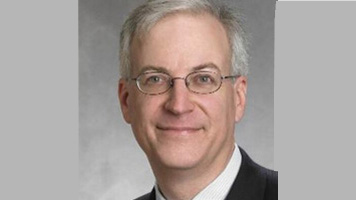
It’s a shame more TV voices weren’t heard yesterday in support of their newspaper colleagues objecting to President Trump’s constant vitriol directed at the news media. I would have liked to have seen many more stations take Trump on and they still can. There was nothing special about this week and no need for doing it all at the same time.
COMMENTARY
Why A Free Press Matters

Journalists have been keeping a check on power since the creation of the First Amendment. Now they’re being tested. The winds of instability howl from many directions: a sustained attack on press freedom from those in political power, crumbling business models, rapidly changing technologies and some self-inflicted wounds. This is a test, not only for those of us who work in journalism, but also for the nation as a whole.
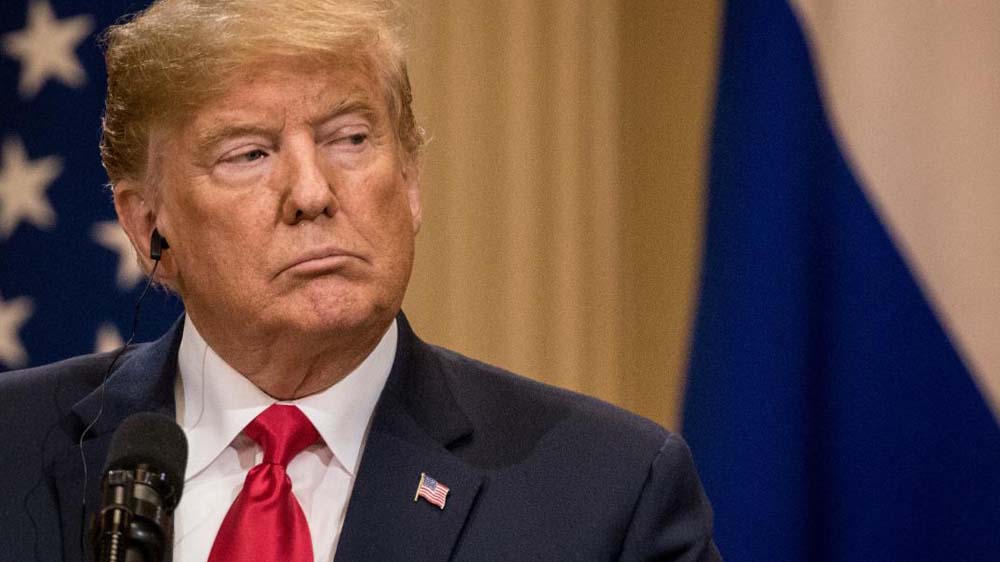
After 350 American newspapers published editorials condemning increasing attacks on a free press, President Donald Trump attacked the initiative. Trump tweets: “There is nothing that I would want more for our Country than true FREEDOM OF THE PRESS. The fact is that the Press is FREE to write and say anything it wants, but much of what it says is FAKE NEWS, pushing a political agenda or just plain trying to hurt people. HONESTY WINS!”
Coupled with eroding access to top Defense Department officials, Pentagon reporters say it’s becoming increasingly difficult to provide critical information to Americans.

About 350 newspapers will all have one thing in common on Thursday: A statement supporting the free press and decrying President Trump’s attacks against the media.
Sen. Tom Udall (D-N.M.) has signaled he will use some of his time questioning FCC Chairman Ajit Pai at a Thursday FCC oversight hearing to make sure he has journalists’ backs. That is the same day journalist organizations are getting together to push back on President Donald Trump’s attacks on mainstream media as fake news outlets in league with his Democrat opponents to undermine his presidency and policies.
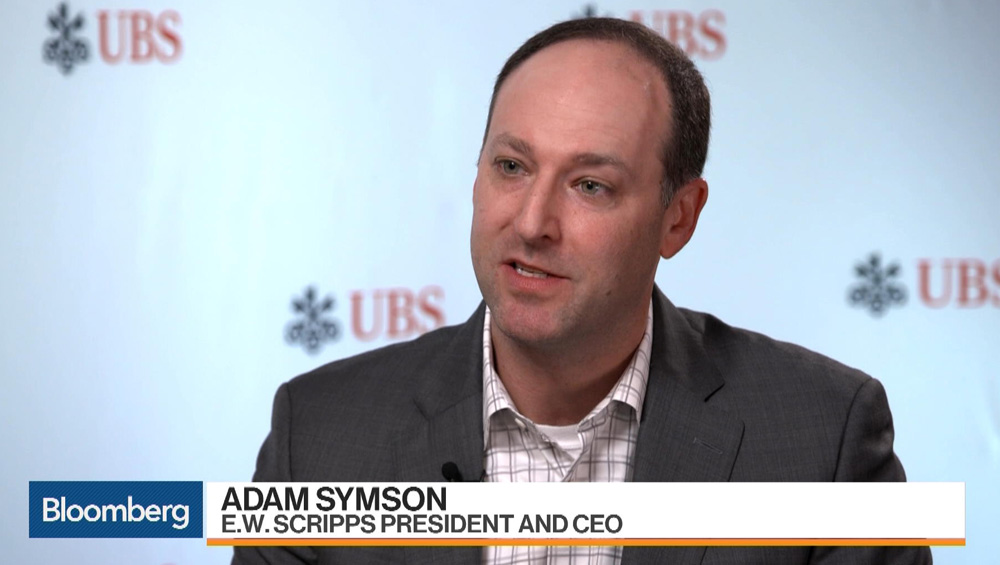
E.W. Scripps CEO Adam Symson: “Political leaders who attack the press are attempting to discredit the messenger when they don’t like the message. It’s a tactic that’s been proven highly effective. While I don’t draw conclusions about the endgame to what we’re seeing today, the current administration is in dubious company employing the tactic.” That company, he added, includes Turkey’s Recep Tayyip Erdogan, Hungary’s Viktor Orban, Russia’s Vladimir Putin and Adoph Hitler.
COMMENTARY
Papers Need To Editorialize — And Listen
Poynter’s Al Tompkins: On Thursday, newspapers will take a coordinated crack at President Trump’s characterization of journalism/journalists by publishing editorials on the same topic on the same day. We will protest again that we are really good for democracy, that we are vital to the nation … and the people who agree with the president won’t give a damn what 200-plus newspaper editorials or a thousand editorials have to say. But that should not stop you journalists from saying it.
The Radio Television Digital News Association and its Voice of the First Amendment Task Force are calling on its more than 1,200 members and their broadcast and digital news outlets to join the Boston Globe and more than 100 other local newspapers across the country on Aug. 16 in a coordinated editorial response to attacks from President Trump on the media.
COMMENTARY
The Real Danger Of Trump’s Media War
Fox News political analyst Juan Williams: “In many ways, Trump is the white Marion Barry. They share a willingness to play racial politics, an authoritarian bent and an open hostility towards journalists. There is one important difference: Trump is doing his damage at the national level.”
White House press secretary Sarah Huckabee Sanders on Thursday refused to say the media is not the enemy of the people in an extraordinary exchange with CNN’s Jim Acosta, who has been at the center of a firestorm over President Trump and the press.
Free Press and other groups challenge what they call the FCC’s dramatic reversal of media-ownership limits that pave way for media mergers, including Sinclair-Tribune.
In an attempt to restore the net neutrality rules, consumer advocacy group Free Press Thursday filed suit against the FCC. Free Press argues that the FCC can’t support Chairman Ajit Pai’s claim that the former rules resulted in a drop in investment by carriers.


